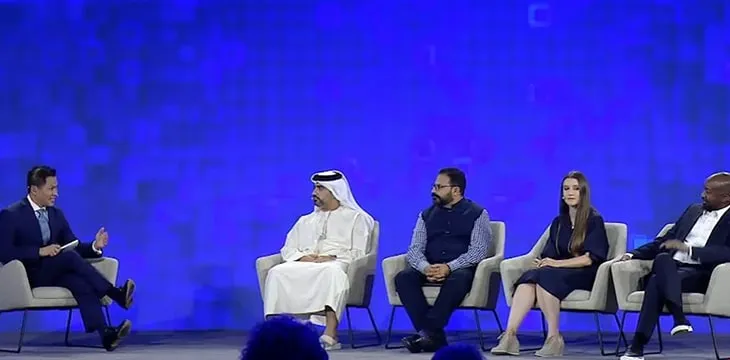|
Getting your Trinity Audio player ready...
|
https://youtu.be/Mgh0QBFVOAA
For the longest time, private enterprises have pioneered the integration of blockchain technology in virtually every other sector of the economy. However, several governments have dipped their toes in blockchain in the past couple of years, with the Middle East setting the pace. At the BSV Global Blockchain Convention, four panelists went on stage to share how they have been pushing blockchain for government applications.
One of the panelists was Saeed Mohammed Ali Alhebsi, an advisor for the Ministry of Human Resources and Emiratisation in United Arab Emirates (UAE). In this position, he has played a key role in getting the government to continue exploring blockchain technology and has been crucial in BSV’s rising popularity both in the public and private sectors.
The ministry oversees the labor industry in the UAE, a country home to over 800,000 firms and a workforce that has over 7 million people.
Moderated by BSV Blockchain Association Founding President Jimmy Nguyen, the panel also had:
- Vasilisa Marinchuk – Director of International Relations & Engagements, CBCat (Blockchain Center of Catalonia)
- Ahmed Yousif – Middle East Lead, BSV Blockchain for Government Initiative
- Muhammad Salman Anjum – Chief Mate, InvoiceMate
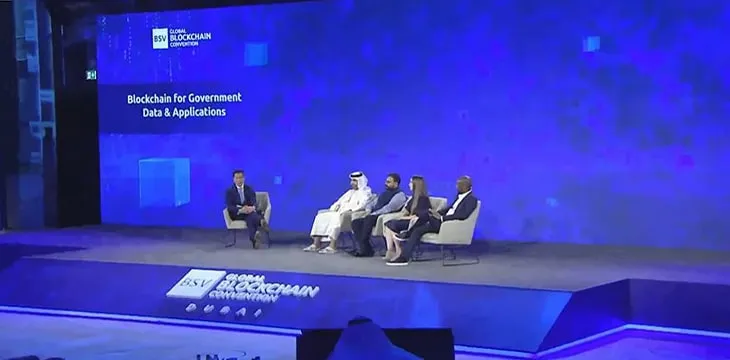
Governments all around the world are more in need of blockchain technology than any other sector, Vasilisa told the audience. They deal with very large sizes of data, and for them, a data breach would be much more catastrophic than it is for a private entity.
Governments are looking to blockchain for four things—transparency, efficiency, security, and scale.
Ahmed has already spearheaded a pilot project that saw the Saudi Arabian government integrate blockchain in its operations. He worked with the government to find a solution that could hasten the issuance of permits to visitors in the country.
“A permit that used to be issued in a period of a month, we reduced that to 20 minutes,” Ahmed said.
Anjum has also been involved in the integration of blockchain by the Saudi government, with his startup InvoiceMate striking a partnership with the Saudi Agricultural and Livestock Investment Company to make invoicing efficient, and later procurement and other functions.
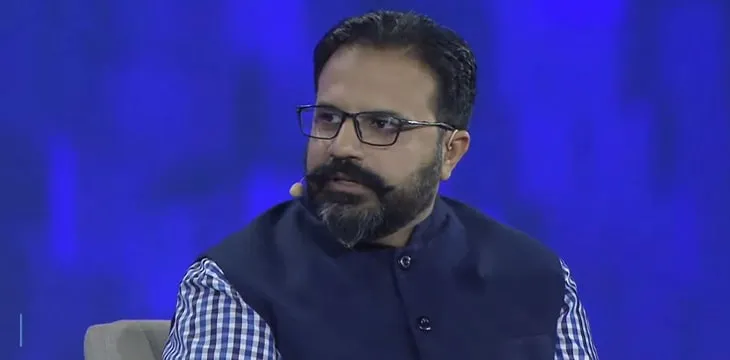
InvoiceMate also partnered with other government departments in Pakistan, including the Khyber Pakhtunkhwa Information Technology Board.
“We initially didn’t target the governments, but somehow, [as fellow panelist stated], the people who need trust most are governments,” Anjum noted.
Why government and blockchain are perfect fit
One of the governments that’s leading in blockchain integration is the UAE. The country announced the UAE Blockchain Strategy in 2018 and has been working to bring 50% of its processes on-chain since then. The Ministry of Human Resource has gone on to select the BSV Blockchain Association as its knowledge partner, and together, they intend to train over 1,000 professionals on the blockchain. As Alhebsi revealed, about 500 have already been trained.
“The next step will be implementing the best applications as a ministry through our departments in HR, finance and the other main departments, which will save our time and effort and make our business more efficient,” he told the audience.
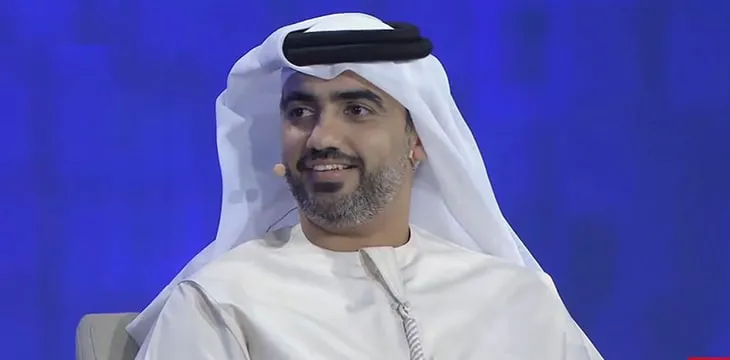
UAE and Saudi Arabia may be in the lead, but Ahmed believes others will follow suit soon. He noted that governments are interested in technologies that add value to their citizens, and blockchain ranks highly on this list. Governments are looking to integrate the technology for smart cities, identity management, and more.
However, for blockchain to achieve its potential, regulations are key. Ahmed has been talking with several leaders in the Middle East to steer them towards enabling regulations. He believes that education will also play a significant factor in this, noting the BSV Academy-Saudi Digital Academy partnership as one of the key moves toward this.
The panelists concurred that startups have a great opportunity when it comes to developing blockchain applications for governments.
For Anjum, it’s simply “metaverse, metaverse, metaverse.” This virtual world will make interactions between citizens and the government more interactive and engaging in the near future. It would also blend in perfectly with the digital economy.
Ahmed believes the gold mine lies in data. “Any startup should look into a data solution,” he told the audience.
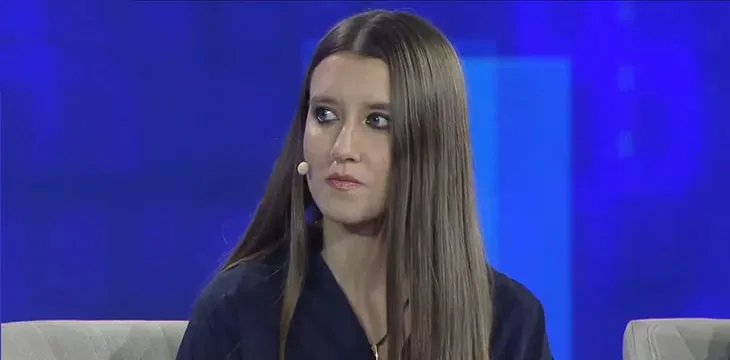
Watch the BSV Global Blockchain Convention Dubai 2022 Day 1 here:
https://www.youtube.com/watch?v=ggbZ8YedpBE
Watch the BSV Global Blockchain Convention Dubai 2022 Day 2 here:
https://www.youtube.com/watch?v=RzJsCRb6zt8
Watch the BSV Global Blockchain Convention Dubai 2022 Day 3 here:
https://www.youtube.com/watch?v=RzSCrXf1Ywc

 08-26-2025
08-26-2025 
